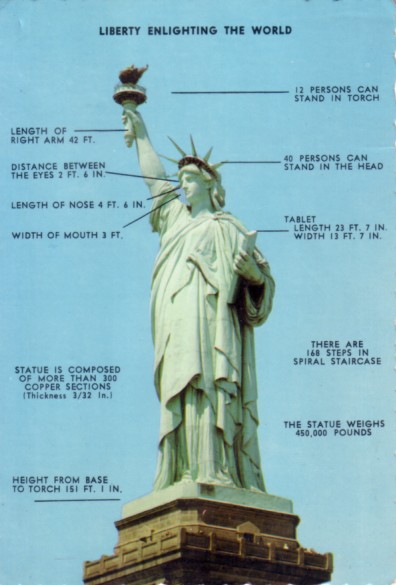

The texts were once again the poet’s selfexpression and gave room to deal with personal experiences. Just like many romantic writers the Confessional poets placed the “I” in the centre of the text. He sees the movement firmly rooted in the tradition of Romanticism.Ĭontemporary confessional poetry is a phenomenon that synthesizes the inclination to personalism and conciousness building of the nineteenth century with the elaborate masking techniques and objectifications of the twentieth. Hoffman tries to situate Confessional Poetry within literary history. In his essay “Impersonal Personalism: The Making Of A Confessional Poetic” Steven K.

The subsequent interpretation of Sylvia Plath’s “Lady Lazarus” will then try to concentrate on the cultural and social context the poem was produce in and examine in which ways Plath used these different contexts as well as the deceiving strategies of Confessional Poetry in general, to create the unique character of the poem. By revealing some of the influences and conventions of Confessional Poetry it aims to uncover the deceiving strategies of this type of poetry. This essay will first try to detect the underlying principles of the socalled ‘Confessional Poetry’ and position it within literary history. Still, one should not altogether ignore the context of the Confessional movement when interpreting Sylvia Plath.īut how can Confessional Poetry be dealt with, without getting caught in the traps and pitfalls of a biographic reading? How can we ever hope to distinguish the »extreme« »diction and address« that is prompted by lived events from a vividly imagined drama that is the result of an expertly assumed style? (13). As Tracy Brain puts it, in her essay about the dangers of reading Sylvia Plath’s work as an unfiltered outpour of personal experience (“Dangerous Concessions: Sylvia Plath”):

It is obvious that this kind of immediate understanding of Confessional Poetry leads nowhere. Critics “have discussed Plath’s life and work as if they were exactly the same thing,” (Brain 11) and have drawn bizarre conclusions by assuming “that Plath’s writing can be used as a reliable source for diagnosing her mental condition.” (Brain 12). But the idea of a ‘confessional’ poetry that directly refers to the poet’s personal experience has lead PlathCriticism astray for many years. Her poem “Lady Lazarus” is often regarded as the prime example of this genre, as it is “an apparent forecast of Plath’s suicide” (Middlebrook 644) only one year later. The name of Sylvia Plath is intrinsically tied to the literary movement of Confessional Poetry.


 0 kommentar(er)
0 kommentar(er)
